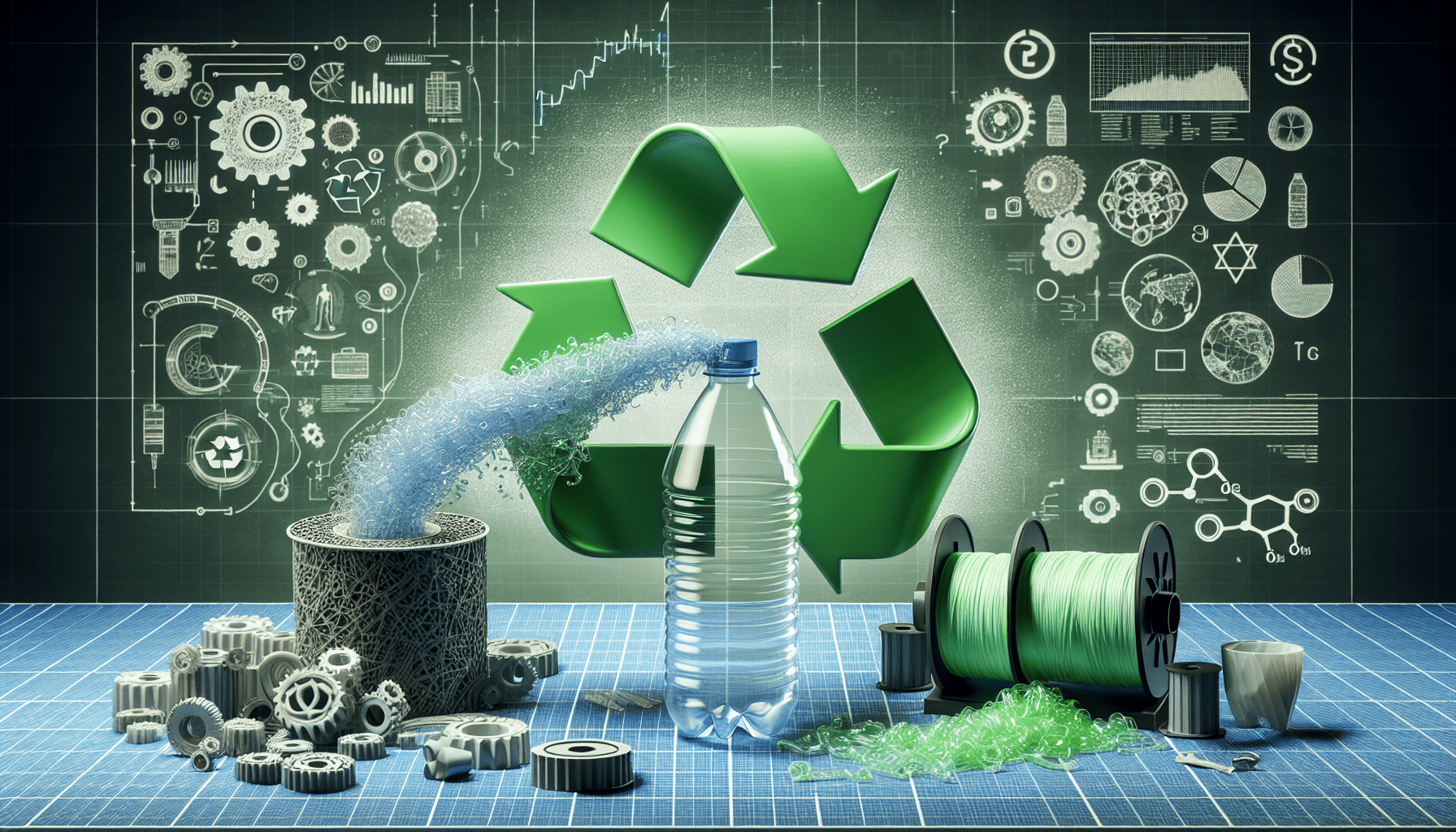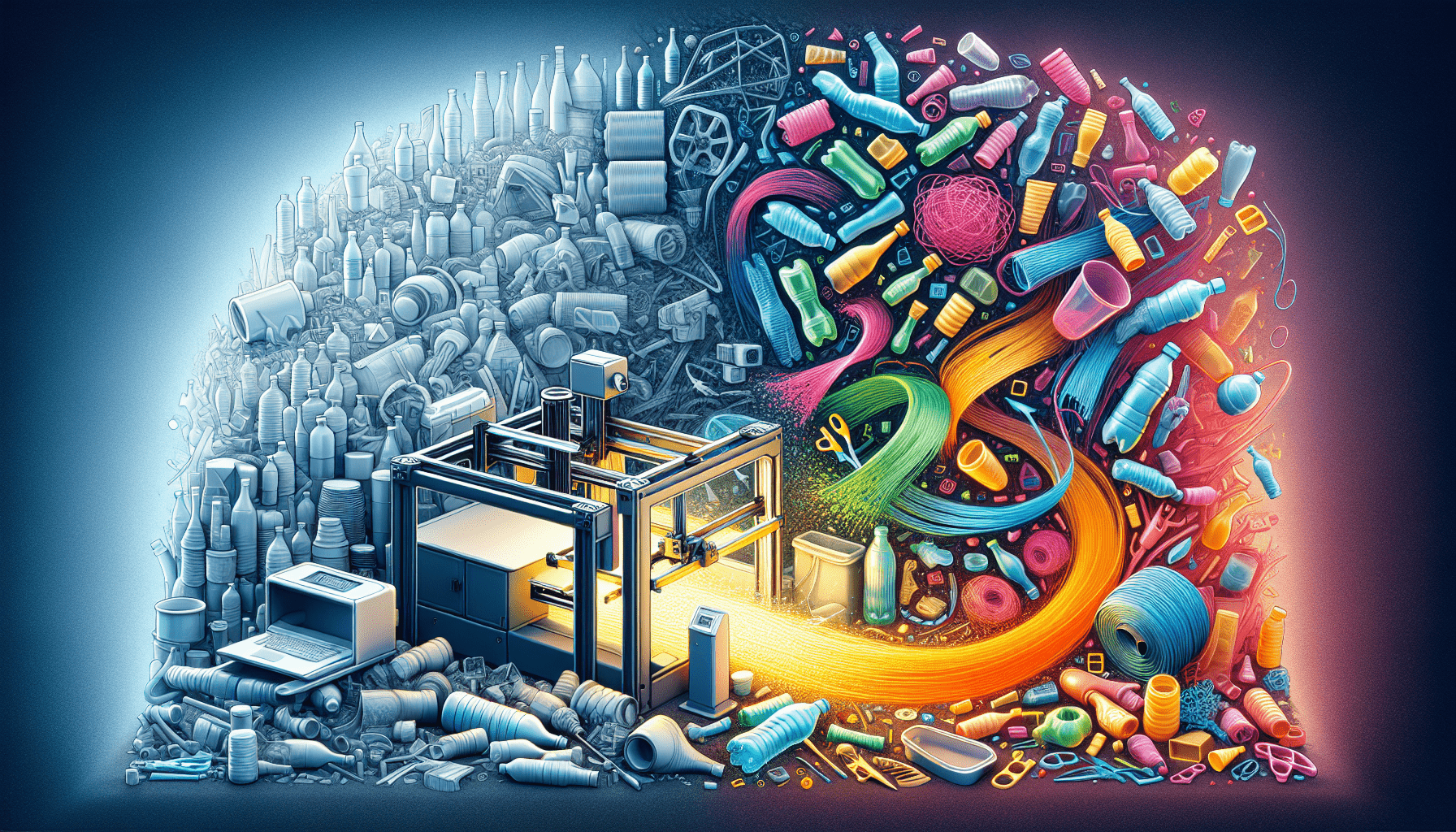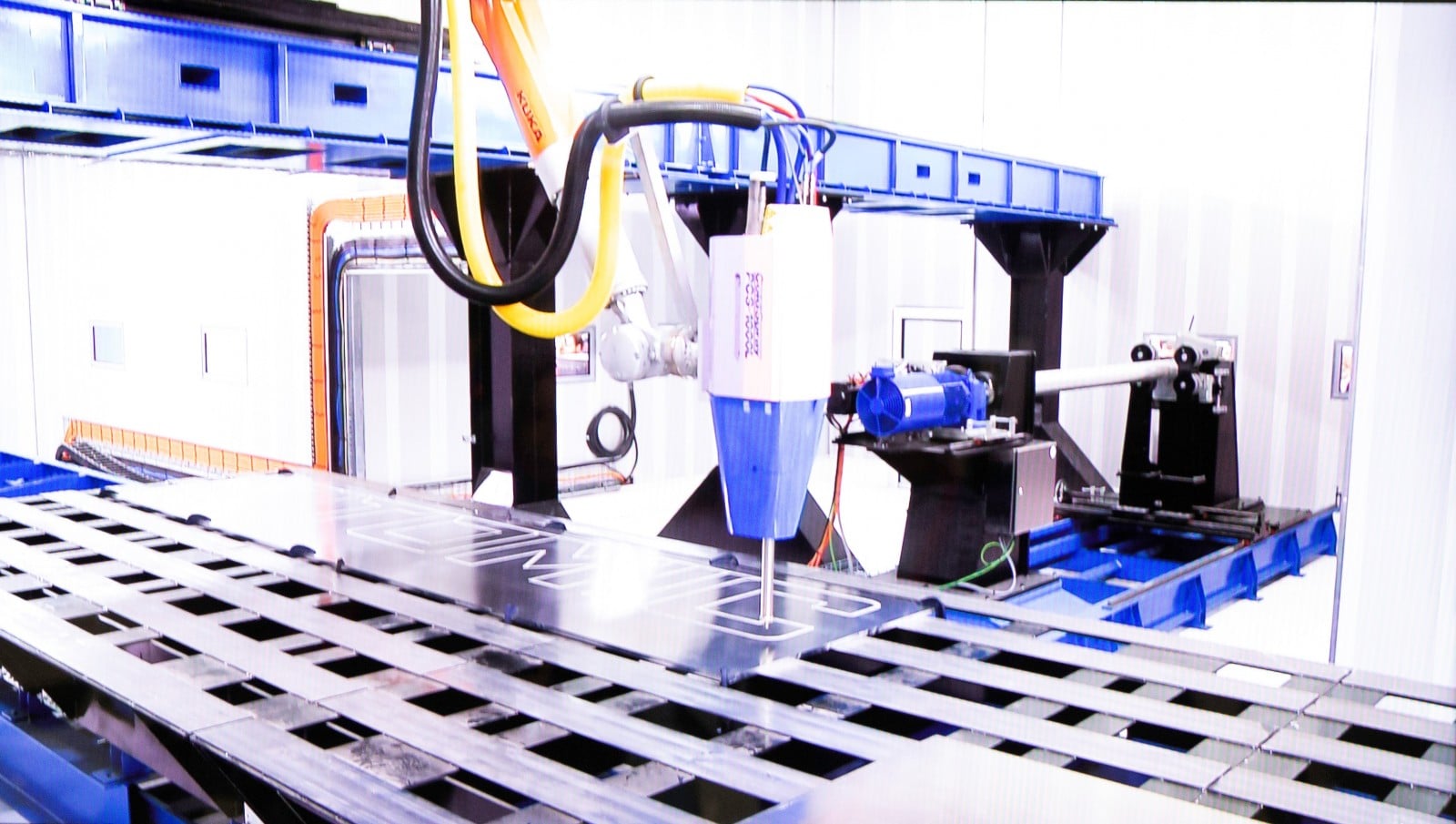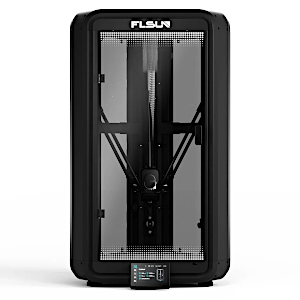ANYCUBIC 10K Resin 3D Printer, Photon Mono 4 LCD 3D Printer with 7-inch Mono Screen, Upgraded LighTurbo Matrix and Printing Platform, Printing Size of 6.04''x3.42''x6.49''
$159.99 (as of June 21, 2025 23:57 GMT +00:00 - More infoProduct prices and availability are accurate as of the date/time indicated and are subject to change. Any price and availability information displayed on [relevant Amazon Site(s), as applicable] at the time of purchase will apply to the purchase of this product.)In the article “Polyformer: Turning Plastic Bottles into 3D Printing Filament,” we explore California-based industrial designer Reiten Cheng’s creation of an open-source machine capable of recycling plastic bottles into 3D printing filament. This innovative device, named Polyformer, aims to simplify and reduce the cost of creating products from repurposed waste materials, rather than relying on virgin plastic. Cheng’s design utilizes 3D-printed parts combined with traditional 3D printer components, and the machine can be easily constructed using freely available online instructions. By incorporating a slicing tool with stacked bearings, Polyformer cuts plastic bottles into continuous ribbons that are then fed through a hot end to create filament. This modular machine offers the ability to swap out parts and customize the device to individual preferences. As part of a growing community, with around 130 individuals on social media platform Discord engaging in the project, Cheng envisions a future where decentralized manufacturing and recycling systems are established through open-source initiatives like Polyformer.
Polyformer: Turning Plastic Bottles into 3D Printing Filament

Overview of Polyformer
Polyformer is an innovative open-source machine that aims to address the issue of plastic waste by transforming plastic bottles into 3D printing filament. This California-based industrial designer Reiten Cheng machine provides an accessible and cost-effective solution for independent makers to produce products using recycled materials instead of virgin plastic. The design of Polyformer is open source, allowing others to freely access and adapt the instructions for constructing the machine.
Introduction to Polyformer and its Purpose
Plastic waste is a significant global problem, with millions of plastic bottles ending up in landfills or polluting the environment. Polyformer seeks to mitigate this issue by enabling individuals to repurpose plastic bottles into filament for 3D printing. By reusing plastic waste, the machine reduces the demand for new plastic production and contributes to a more sustainable manufacturing process. Polyformer provides a practical solution for individuals who want to reduce their environmental impact and promote circular economy principles.
$30 off $400+ Anycubic Products with code AC30OFF
Polyformer’s Design and Construction
Polyformer’s design is centered around open-source principles and accessibility. The machine features a unique L-shaped design that combines 3D-printed parts with off-the-shelf components commonly found in traditional 3D printers. The choice to use recycled PET bottles for the 3D-printed parts adds a translucent quality to the machine’s appearance. This design approach ensures that the required materials are accessible and affordable, making it easier for individuals to construct their own Polyformer machine.
Features of Polyformer
Polyformer incorporates several key features that contribute to its functionality and ease of use. The machine is equipped with a slicing tool that utilizes stacked bearings to cut plastic bottles into long, continuous ribbons. These ribbons are then fed into a hot end, where the thermoplastic is heated, melted, and extruded through a brass nozzle to create a filament with a diameter of 1.75 millimeters. The filament is then wound onto a motorized spool, ready to be used in a 3D printer. This streamlined process ensures efficiency and consistency in the production of 3D printing filament.

Process of Turning Plastic Bottles into Filament
The process of transforming plastic bottles into filament with the Polyformer machine is straightforward and user-friendly. First, the plastic bottles are cut into continuous ribbons using the slicing tool. These ribbons are then fed into the hot end, where they are heated, melted, and extruded to form a filament. The filament is then wound onto a motorized spool, which pulls the ribbon through the hot end while winding up the filament. Once the spool is full, it can be removed and used in a 3D printer for various applications.
Modular Design and Customization Options
One of the notable advantages of Polyformer is its modular design, which allows users to easily customize and modify the machine to suit their specific needs. The open-source nature of the project encourages users to experiment with different components and functionalities, enabling continuous improvement and innovation. This modular approach also facilitates easy maintenance and repair, ensuring long-term usability of the machine. The community of Polyformer users on platforms like Discord actively shares ideas and suggestions for enhancements, further fostering the development of the project.

Community and Future Possibilities
Since its public introduction, Polyformer has attracted a dedicated community of users who support the machine’s mission and actively contribute to the project’s growth. The community offers a platform for knowledge exchange, troubleshooting, and collaborative development. Users have proposed various additions to the machine, such as grinders for recycling different types of plastic waste, or repurposing cassette tapes and fabrics. This vibrant community of makers and innovators is at the forefront of advancing Polyformer’s capabilities and exploring its potential applications.
Similar Projects and the Potential of Decentralized Manufacturing
Polyformer is part of a larger movement towards decentralized manufacturing and sustainable practices. It shares similarities with other open-source initiatives that aim to democratize manufacturing processes and reduce reliance on traditional supply chains. Projects like VoronDesign’s 3D-printed 3D printer and the Recreator3D pultrusion kit exemplify the potential of open-source hardware in transforming the manufacturing landscape. By empowering individuals and communities to locally produce and recycle goods, these initiatives lay the foundation for a more sustainable and resilient future.

Conclusion and Future Implications
Polyformer represents a significant step forward in addressing the global issue of plastic waste and promoting sustainable manufacturing practices. By transforming plastic bottles into 3D printing filament through an accessible and customizable machine, Polyformer offers an alternative to traditional plastic production. The open-source nature of the project encourages collaboration, innovation, and the sharing of knowledge within a vibrant community. As Polyformer continues to evolve and expand, the possibilities for decentralized manufacturing and efficient recycling become increasingly promising. With further development and implementation, Polyformer could play a crucial role in transitioning towards a circular economy and reducing the environmental impact of plastic waste.
Buy Photon Mono M5 Get Free 1KG Resin







